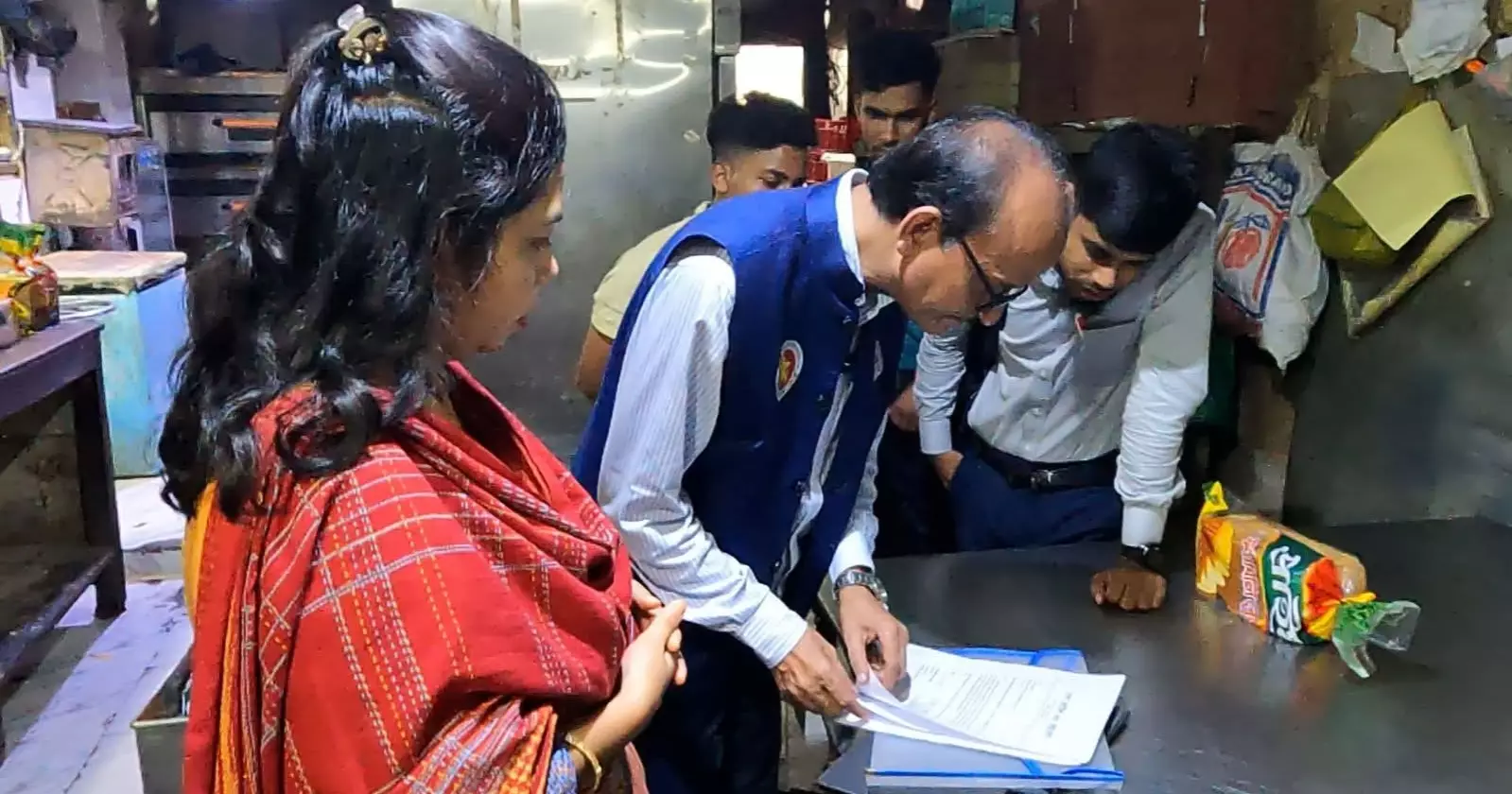Counterfeit goods flood Bangladesh; is BSTI asleep?

Consumers across Bangladesh have been facing a growing risk due to substandard and counterfeit products in markets, raising questions whether BSTI and other regulatory bodies are working effectively to safeguard the public against low-quality and harmful products.
Everyday items from edible oils and spices to bottled water and cosmetics -- often fail to meet required standards.
Jamshed Mia, a resident of Mirpur, recounted buying branded soybean oil that smelled and felt unusual once opened at home. “You can’t check the quality in the shop. Only at home do you realise its poor quality,” he said.
When he returned to the retailer, his complaint was refused.
Visiting New Market, Karwanbazar, Chankharpul and major supermarket chains, the UNB correspondent found shelves stocked with low-quality, expired, or counterfeit goods including rice, lentils, spices, cooking oil and bakery items.
Despite occasional mobile court drives, long-term monitoring and consistent enforcement remain weak.
The Directorate of National Consumer Rights Protection and the Bangladesh Standards and Testing Institution (BSTI) occasionally conduct mobile court drives.
While media coverage of such raids is widespread their impact rarely lasts.
On September 17, a BSTI-led operation in Moghbazar fined Rowza Shop Tk 15,000 for selling mustard oil, honey, turmeric powder, chili powder and ghee without proper certification or packaging. The shop was also instructed to obtain the required license immediately.
“If the drive is taken seriously, sellers dare not display the products. But the situation highlights poor surveillance in the market,” said Hasim Mollah, a private sector employee.
A shop owner, speaking anonymously, said, “Whenever raids are conducted, traders stay cautious for a few days. After that, they continue business as usual with fake or low-quality goods.”
Recent BSTI actions include shutting down a company producing bottled water in unhygienic conditions without proper testing.
Officials said the plan failed to maintain health and safety protocols and lacked basic laboratory testing and certification.
Medical specialists and consumer rights activists have also raised concerns over cosmetics, particularly skin-whitening creams.
Many of these products contain mercury, steroids, and other harmful chemicals, causing permanent skin damage, kidney problems and hormonal imbalances.
Traders and importers said BSTI primarily tests products during licensing or upon complaints, leaving street-level vendors and small factories largely unmonitored.
Hasuar Ali, a trader of Karwan Bazar said, “Thousands of companies operate without BSTI licenses and their products reach rural shops. Many people consume these items which can seriously harm their health. Authorities must be more vigilant to prevent illegal operations.”




